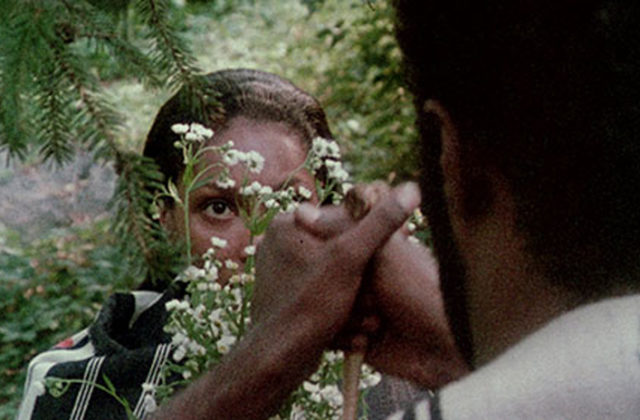Date/Time
Date(s) - Tue. Feb. 13, 2018
12:00 am GMT - 10:00 pm GMT
Location
Film Noir Cinema
122 Meserole Ave
Brooklyn, NY, 11222
Instructor
Dianca London Potts
Admission
Note: Online tickets are now suspended. There are five seats still available for door sales.
From Spencer Williams’ Son of Ingagi to Jordan Peele’s Get Out, the cinematic screen has consistently served as a site of subversion for filmmakers of the African diaspora. Through the camera’s lens, tales of hauntings, demonic possession, vampirism, and hoodoo rituals gone awry have become a celluloid metaphor for colonization and racism’s toll on the Black psyche. Within this space, expressions of Black embodiment and the Black experience are momentarily freed from the limitations the white gaze. The narrative shifts, allowing for the complexity and depth of Black identity and its subsequent anxieties, fears, and vulnerabilities to be examined outside the constraints of traditional tropes.
Whether it’s Blaxploitation classics like Blacula and Sugar Hill, or successors like Spike Lee’s Da Sweet Blood of Jesus and the aforementioned Get Out, Black horror films are a historically visual mode of resistance within a pervasively supremacist culture. Rather than being sacrificial lambs, wise sages, or saviors to non-POC protagonists, Black characters within this context determine their goals and desires in opposition to whiteness rather than their proximity to it. William Crain’s Prince Mamuwalde becomes the immortal Blacula, Ben — the sole Black character depicted in George Romero’s cult classic Night of the Living Dead —becomes a hero. Jordan Peele’s Chris becomes a survivor. Within this narrative context, the off-screen script is flipped. The marginalized aren’t merely centered, they’re canonized.
This multimedia presentation will offer an immersive thematic overview of Black horror narratives while highlighting noteworthy films within the genre spanning the early 1900s to modern day. Select films will be paired with excerpts of literary, sociological, and philosophical texts to enhance students understanding of the cinematic genre and its radical roots. Through visual, cultural, and historical exploration, this presentation aims to examine and foster dialogue about what happens when subjection is subverted and what stories can be told when the white gaze is decentered.

